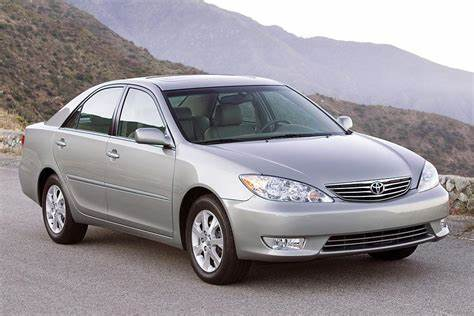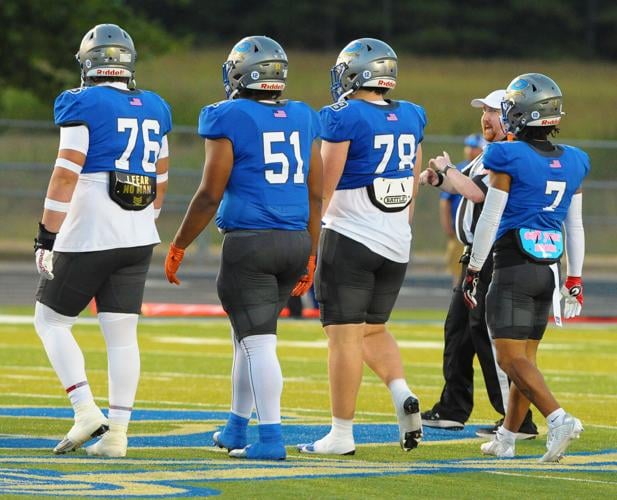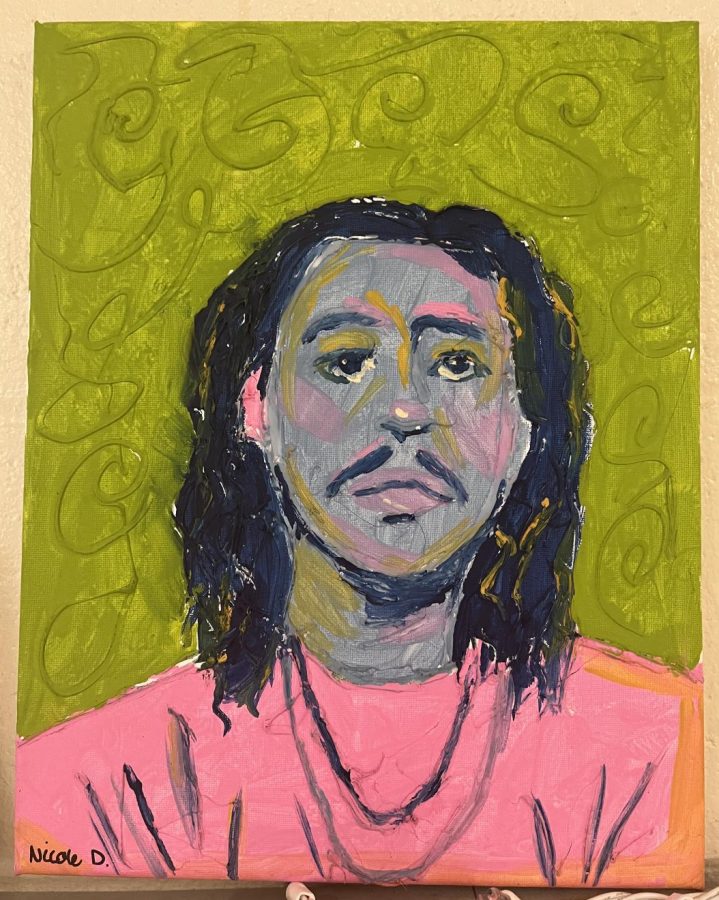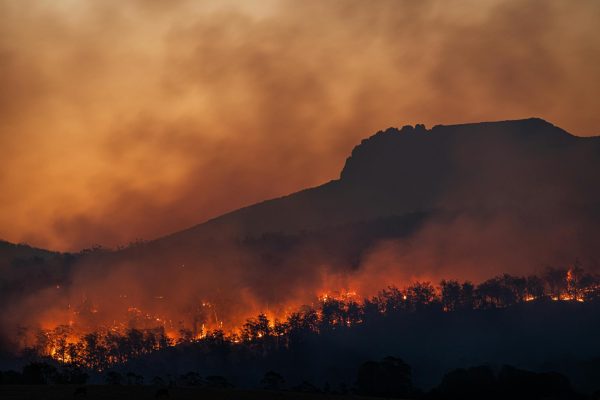This Day in History: August 28th
On the 25th of August 2005, the hurricane nicknamed ‘Katrina’ made contact with the United States’ mainland on Hallandale Beach, Florida. Even though Katrina wasn’t considered the most powerful storm the States had ever seen, she was the most awful natural disaster in the history of the U.S. After shortly coming ashore in southern Florida on August 25 as a Category 1 hurricane, Katrina gained strength before bashing into the Gulf Coast on August 29. In addition to bringing devastation to the New Orleans area, the hurricane caused damage along the coasts of Mississippi and Alabama, as well as other parts of Louisiana. 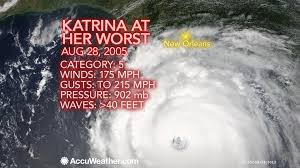
There was a mandatory evacuation of New Orleans on August 28, when Katrina briefly made its way to Category 5 status and the National Weather Service predicted “devastating” damage to the area. The storm came with winds of up to 140 miles per hour, cutting power lines and destroying homes, even turning cars into destructive instruments. The surges overwhelmed the levees that protected New Orleans. Soon, much of the city was flooded up to the rooftops of many buildings – homes, small businesses, and the like.
Tens of thousands of people sought shelter in the Convention Center of New Orleans and the Louisiana Superdome. The situation in both places quickly fell apart, since food and water supplies began to trickle and conditions became unsanatary. Anger rose as it took up to two days for a full-scale relief effort to begin. The federal government and President George W. Bush were ridiculed for what was perceived as their slow response to the disaster. 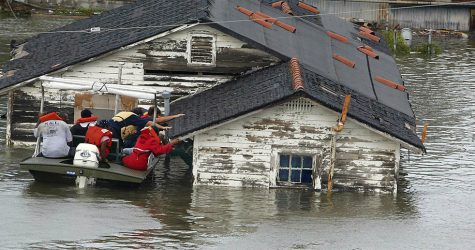
In all, it is believed that the hurricane was responsible for “1,300 deaths and up to $150 billion in damages to both private property and public infrastructure,” as reported by the National Weather Service. Over a million people were displaced by Katrina, an occurrence unseen in the United States since the Great Depression. International aid poured in from around the world, even from poor countries like Bangladesh and Sri Lanka. “Private donations from United States citizens alone was around $600 million,” says History.com. The storm also set off many tornadoes across Mississippi, Alabama, Georgia, Pennsylvania, and Virginia, causing one death. President Bush set September 16 as a national day of remembrance for the victims of Hurricane Katrina.

